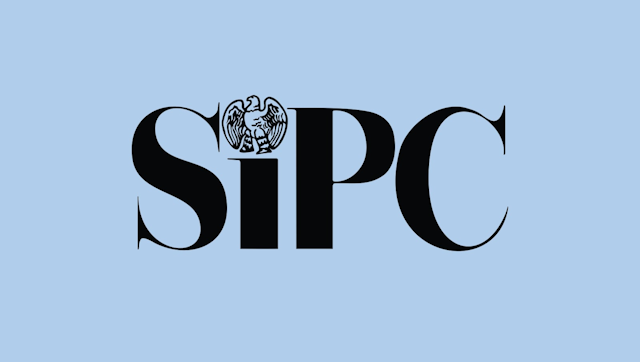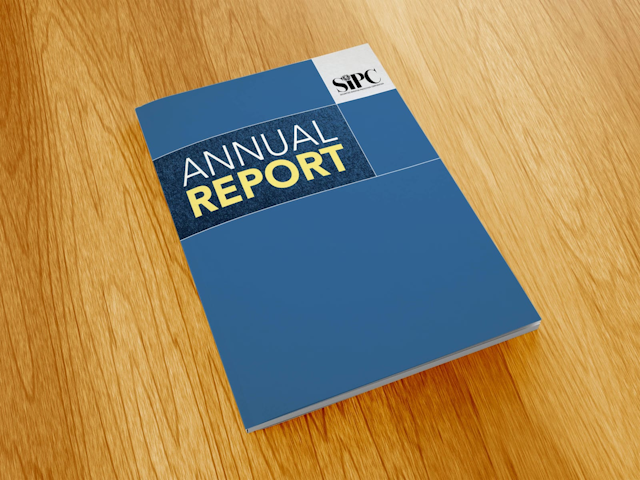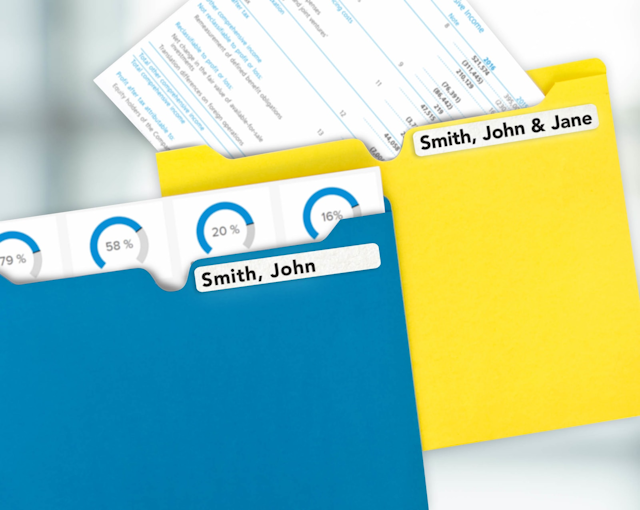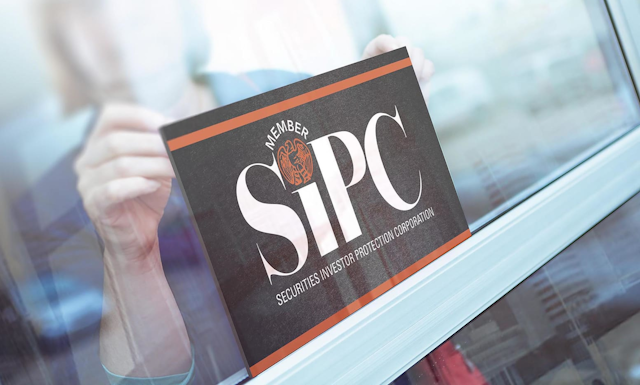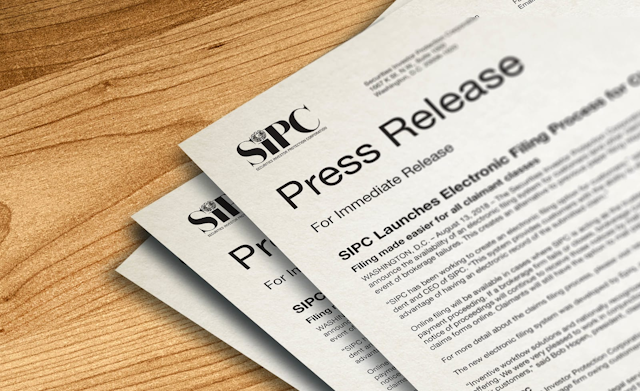Washington, D.C., June 20, 2000 - A record payment of $31 million from a special reserve fund authorized by Congress to help investors at bankrupt brokerage firms is being used to restore stocks and cash that 9,738 investors lost due to theft at Sunpoint Securities, a Longview, Texas-based firm, officials at the Securities Investor Protection Corporation (SIPC) announced today.
"This case, which is the most expensive in our history, illustrates in vivid terms why it is that SIPC is the investor's first line of defense in the event of brokerage bankruptcy," said SIPC President Michael Don. "The cost of $31 million to SIPC reserves meant that nearly 10,000 individuals had their accounts restored nearly immediately without regard to whether the authorities will ever recover the stolen funds."
In the Sunpoint case, SIPC worked with trustee Robert G. Richardson, a partner in the Dallas, Texas office of Jackson Walker L.L.P. law firm, to use $31 million of its reserves in order to facilitate the transfer of 9,738 Sunpoint investor accounts to other investment firms. SIPC intervened so quickly in the matter that it was unnecessary for the vast majority of investors to even file claim forms. Final individual claims are being closed out as of this month, which is what led to the SIPC announcement of the outcome of the Sunpoint case. Investors in all of the 50 states received SIPC reserve funds in the Sunpoint case.
The Sunpoint Securities theft came to light in November 1999. Two individuals at the brokerage firm are believed by authorities to have been responsible for the theft estimated at more than $26 million in securities. SIPC and the trustee are cooperating with the U.S. Securities and Exchange Commission and prosecutors in the case. To date, almost none of the stolen funds have been recovered. Typically, SIPC works with the appointed trustee in a case to recover funds, which are used to pay investors whose claims exceed SIPC's protection limit of $500,000 and, in the event that the SIPC reserve already has been tapped, to replace the funds drawn from the reserve.
I am very pleased that within a week of the commencement of the liquidation we made arrangements for the transfer of nearly all of the almost 10,000 active accounts to new brokerage firms," said trustee Robert G. Richardson. "The transfer was completed within 30 days and the former Sunpoint customers were able to make year-end trades. I am also very satisfied with our claims resolution efforts that have resulted in very few objections by customers."
Since 1970, SIPC has advanced $354 million in order to make possible the recovery of $3.3 billion in assets for an estimated 440,000 investors. SIPC estimates that more than 99 percent of eligible investors have been made whole in the failed brokerage firm cases that it has handled to date. In the Sunpoint case, only two individuals out of the 9,738 affected accounts have expressed any objections to the manner in which their accounts were transferred.
SIPC is an important part of the overall system of investor protection in the United States. While a number of federal, self-regulatory and state securities agencies deal with cases of investment fraud, SIPC's focus is both different and narrow: Restoring funds to investors with assets in the hands of bankrupt and otherwise financially troubled brokerage firms. The Securities Investor Protection Corporation was not chartered by Congress to combat fraud.
Emphasizing the need for investor caution in the face of investment fraud, Don emphasized: "'Insurance' for investment fraud does not exist in the U.S. It is important to understand that SIPC is not the securities world equivalent of FDIC-the Federal Deposit Insurance Corporation. The Federal Trade Commission, Federal Bureau of Investigation, state securities regulators and other experts have estimated that investment fraud in the U.S. ranges from $10-$40 billion a year. With a reserve of slightly more than $1 billion, SIPC could not keep its doors open for long if its purpose was to compensate all victims in the event of loss due to investment fraud. "Under SIPC rules, customers of a failed brokerage firm receive all non-negotiable securities that are already registered in their names or in the process of being registered. At the same time, funds from the SIPC reserve are available to satisfy the remaining claims of each customer up to a maximum of $500,000. This figure includes a maximum of $100,000 on claims for cash. In addition, customers share pro rata in negotiable securities held by the bankrupt firm for its customers. Any remaining assets after payment of liquidation expenses for a failed brokerage firm may be available to satisfy any remaining portion of customers' claims on an equal footing with other creditors.
TO LISTEN TO A LIVE, AUDIO PLAYBACK OF THE NEWS BRIEFING: An over-the-phone recording of the briefing will be available after 4:30 PM on June 20, 2000. The number to call for remote reply is 1-800-677-6200.
Please identify yourself and your news organization. Use the PIN number 2169 to access the remote replay.




